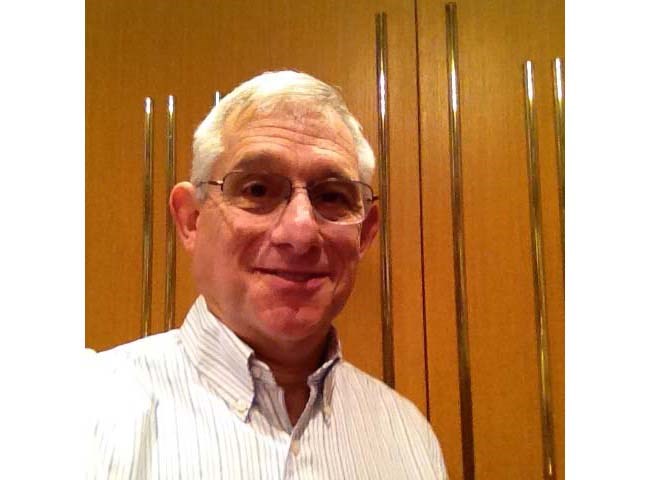Passover (beginning on the evening of April 10-18, 2017) celebrates the ancient Israelites freedom from Egyptian persecution at the hand of Pharaoh Ramses II.
Some years ago, I left congregational work to start an outreach program to unaffiliated Jews.
One of the first questions I was asked was, “Are you making a living?” Slavery is about ‘making a living,’ and nothing more. Freedom is about ‘living.’”
The Jewish Israeli scholar Noam Zion writes, “On Passover we see ourselves in the mirror of the story of the redemption from slavery in Egypt. Each of us journeys to our own Egypt, as a way to respond to a threat or to address a need. We identify how we may be trapped and enslaved in our lives so to begin our own process of liberation.
“As we grow and develop, our needs change. We find ourselves constricted in some way. Initially, we may fail to notice that a problem exists. We may not be aware of other possibilities; we may deaden ourselves to our dissatisfaction; we may not understand the true cause of difficulties we do experience; or, we may be afraid that change is not possible.”
It was not when they were told they would be leaving Egypt that the ancient Israelites celebrated. It was when they crossed the Red Sea and were truly free.
What keeps many from taking hold of the unhappiness in their lives and risking change is the fear of jumping through the proverbial “hoop of fire.”
The worst part is thinking about making the leap. Once you are through it, you are a new person.
The 18th century Hasidic Rabbi Nachman profoundly noted, “we all have our personal Egypts within us.”
Passover is a time to sit with friends and family and dare to speak of the notion of being slaves in our own day; slaves to jobs, money, expectations, etc.
What, if anything, can we do about it? How, in our day, can we go from the “slavery of Egypt,” to the “freedom of Jerusalem?”
Passover reminds us that living, by definition, involves risk-taking.
Are we willing to risk a comfort and security that has never produced the kind of lives we want for a chance to begin, again?
A Jew’s task on Passover is to make the opening and closing statements of the Passover prayer book a personal challenge for the coming year.
We begin by saying, “This year we are slaves, next year may we be free,” and we conclude by recognizing the Jewish symbol of hope and freedom, “Next year in Jerusalem.”
Howard Siegel is the Rabbi at Betth Tikvah synagogue



